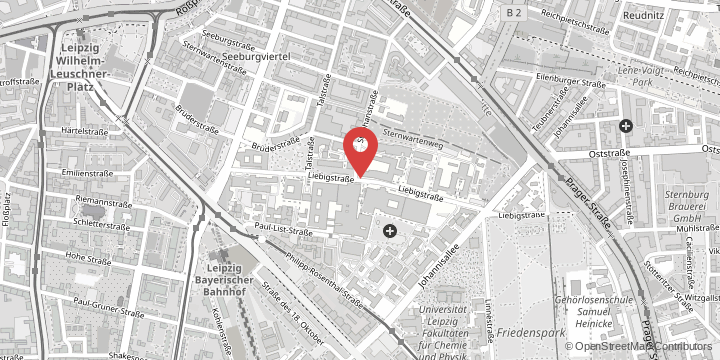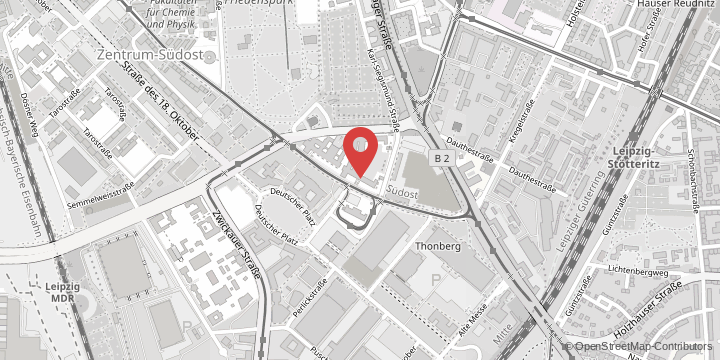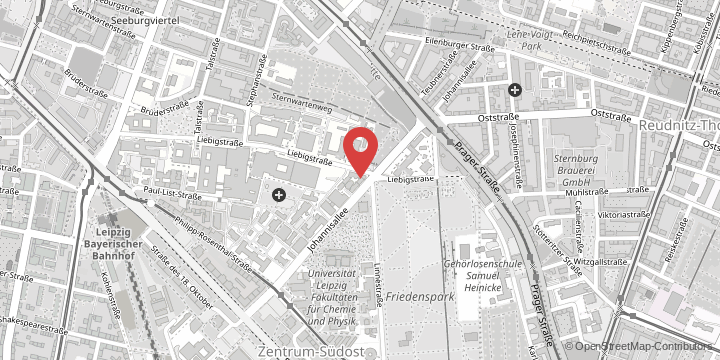Strategic Research Fields
Three research fields with potential
Concentrating research in three strategic research areas
Leipzig University is concentrating its research in three strategic research fields. Fostering transdisciplinary cooperation, the fields include nine research profile areas which integrate the humanities and social sciences, the life sciences, and the natural sciences in roughly equal proportions.
The research fields were chosen in a year-long process, part of which involved two external expert commissions examining proposals from research groups. The aim of establishing this profile is to maximise externally funded and highly competitive collaborative research and to attract excellent scientists.
Our research fields:
Changing Orders in a Globalised World
This strategic research field is dedicated to the study of globalisation processes such as global connections and the exchange between world religions and the development of human orders. Scholars from regional, cultural, social and historical sciences conduct research in cooperation with the Leibniz Institute for Regional Geography (IfL) and the Leibniz Institute for the History and Culture of Eastern Europe (GWZO).
Sustainable Principles for Life and Health
The strategic research field comprises four research profile areas that investigate the foundations of life and health in humans, nature and the environment. Scholars from the life sciences, natural sciences, economics, the humanities, social sciences and computer science work together to advance basic and applied research and its transfer into society.
Intelligent Methods and Materials
In this strategic research area, researchers investigate the properties of molecules up to complex nanostructures and cell mechanics, work on topics related to language and communication in the digital age, and deal with questions of physics, earth sciences, chemistry, mineralogy, the life sciences, mathematics, computer science and medicine.





































































